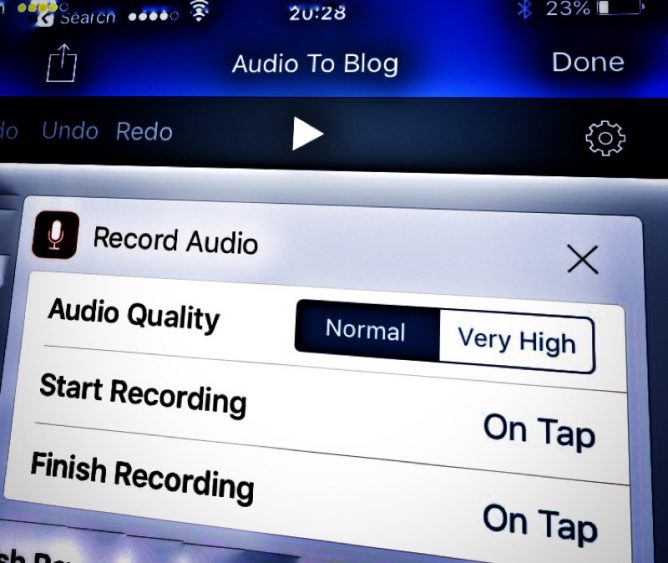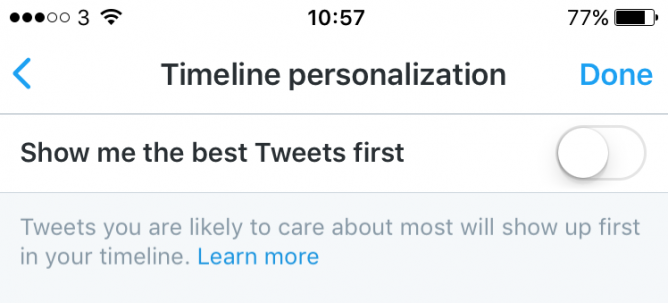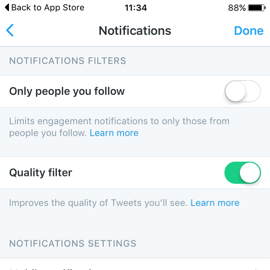Facebook was the key to the entire campaign, Wigmore explained. A Facebook ‘like’, he said, was their most “potent weapon”. “Because using artificial intelligence, as we did, tells you all sorts of things about that individual and how to convince them with what sort of advert. And you knew there would also be other people in their network who liked what they liked, so you could spread. And then you follow them. The computer never stops learning and it never stops monitoring.”
from: Robert Mercer: the big data billionaire waging war on mainstream media | Politics | The Guardian
Carole Cadwalladr’s article in today’s Observer, is both fascinating and frightening. The technology used by Cambridge Analytics is incredibly powerful the use it has ben put too worrying. Andy Wigmore, Leave.EU’s comms director in the quote above doesn’t have a Facebook account quoted in the same article:
It is creepy! It’s really creepy! It’s why I’m not on Facebook! I tried it on myself to see what information it had on me and I was like, ‘Oh my God!’ What’s scary is that my kids had put things on Instagram and it picked that up. It knew where my kids went to school.
Featured image on this post created with a wee AppleScript Makes auto complete google search gifs.









